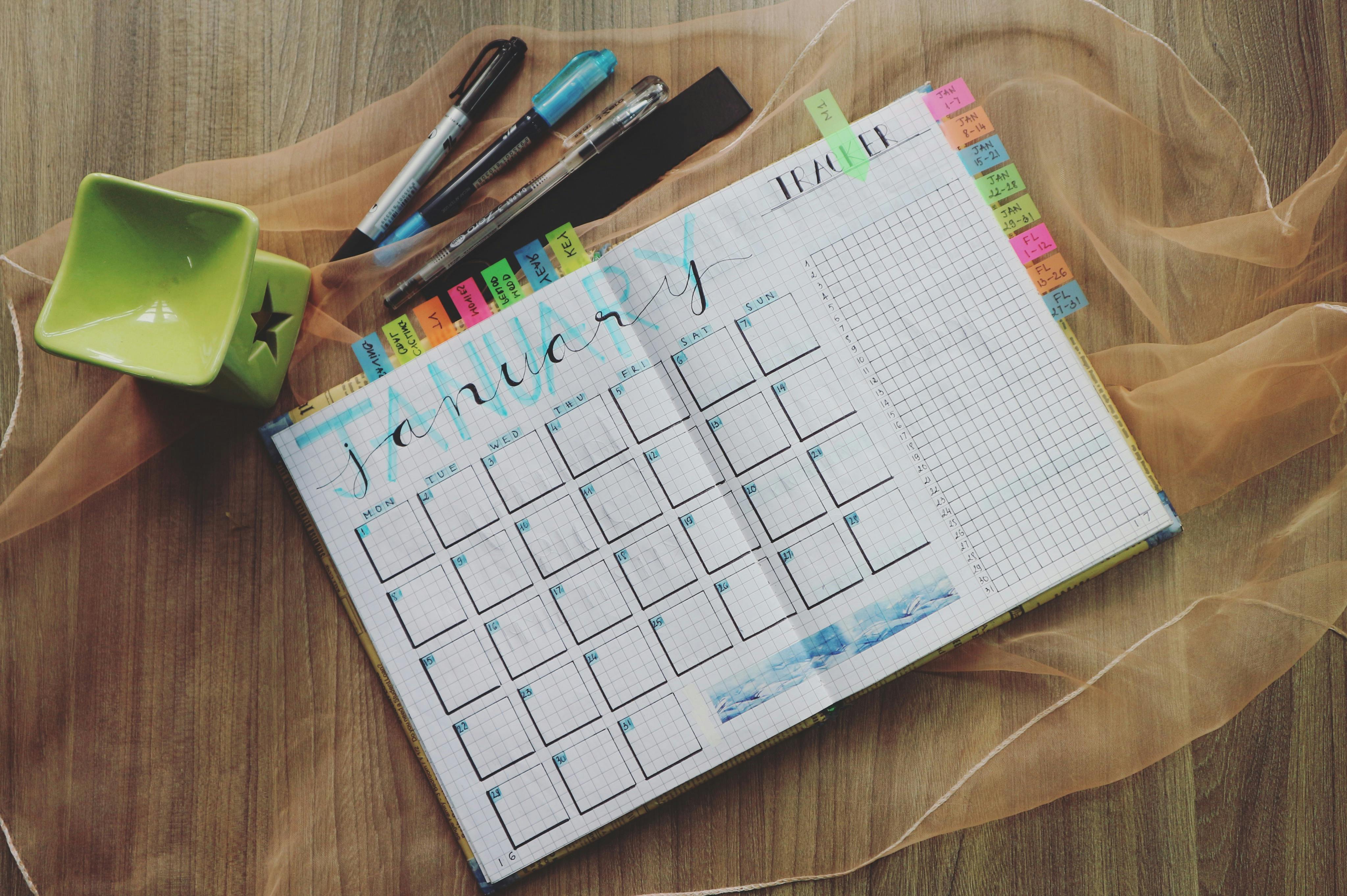Lesson: Recounting Weekend Experiences

Activity I: Vocabulary
- Recount – To tell someone about something; give an account of an event or experience.
- Highlight – The best or most interesting part of something.
- Relaxing – Helping you to rest and become less anxious.
- Eventful – Marked by interesting or exciting events.
- Laid-back – Relaxed and easy-going.
- Catch up (on) – To do something that you did not have time to do earlier (e.g., sleep, work).
- Run errands – To make short trips to do small tasks, like shopping or going to the post office.
- Turned out – To happen in a particular way or to have a particular result, especially an unexpected one.
- Overall – Taking everything into account; in general.
Activity II: Reading
Monday mornings at work or school often begin with a common question: "How was your weekend?" Recounting weekend experiences is a natural part of social interaction, allowing us to share personal stories, connect with others, and practice narrative skills in English. For intermediate learners, this provides an excellent opportunity to use past tenses effectively, employ descriptive language, and structure a short narrative. It's a chance to move beyond simple answers and engage in more detailed and interesting conversations about leisure time.
When sharing about your weekend, you might start with a general impression. Was it relaxing, eventful, or perhaps a bit laid-back? You could say, "I had a really relaxing weekend," or "It was quite an eventful couple of days for me." Then, you can elaborate on specific activities. Maybe you spent time with family, pursued a hobby, caught up on chores, or ran errands. Using sequencing words like "First," "Then," "After that," and "Finally" can help structure your account and make it easier for the listener to follow. For example, "On Saturday morning, I first went for a run, and then I met some friends for lunch."
Including details makes your story more engaging. Instead of just saying "I watched a movie," you could mention the title and whether you enjoyed it: "I watched that new action movie; it turned out to be really exciting." Describing feelings or reactions also adds depth: "The concert was amazing; I was so thrilled by the music." Intermediate learners can also incorporate phrases to express how things went overall, such as, "Overall, it was a fantastic weekend," or "It wasn't very exciting, but it was nice to just unwind." Honesty about a quiet or uneventful weekend is perfectly fine too.
Asking others about their weekend is equally important for a balanced conversation. Simple questions like, "What did you get up to?" or "Did you do anything interesting?" invite them to share. Listening actively and showing interest in their experiences fosters connection. Recounting weekend activities is more than just reporting facts; it’s about storytelling and sharing a part of your life. By practicing this, intermediate English learners can improve their narrative skills, expand their vocabulary, and become more confident and engaging conversationalists.
Activity III: Role Play (Monday Morning Catch-up)
Instructions: Practice this dialogue with your teacher. One person is ANNA, and the other is BEN.
Activity IV: Let's Practice
Recount Your Weekend to Your Teacher.
Tell your teacher about your last weekend. Start with a general impression (e.g., Was it relaxing, busy, eventful, laid-back?). Then, describe two or three specific activities you did. Try to use sequencing words (First, Then, After that, Finally) and descriptive language. What was the highlight of your weekend? How did it turn out overall? Ask your teacher about their weekend too and compare your experiences. Use new vocabulary from the lesson.